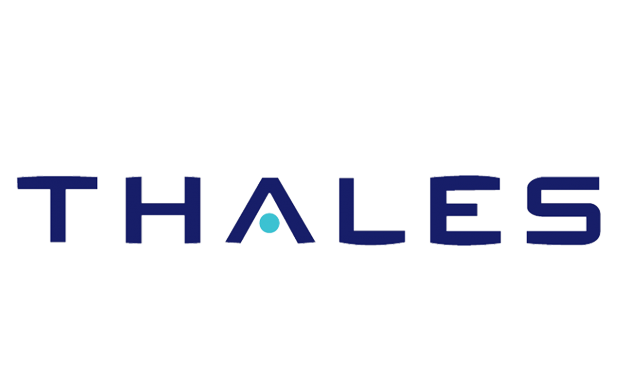A Canadian transportation employer taps into city’s multilingual workforce to bridge cultures while doing business worldwide.
This story originally appeared in Cities of Migration.
 When it comes to communication, Thales Canada knows a lot. Be it delivering urban rail signalling systems, avionics or military command and control systems to customers at home and around the world. The company also knows that when 90% of your business is outside Canada, a multilingual workforce is an obvious asset.
When it comes to communication, Thales Canada knows a lot. Be it delivering urban rail signalling systems, avionics or military command and control systems to customers at home and around the world. The company also knows that when 90% of your business is outside Canada, a multilingual workforce is an obvious asset.
Thales put this knowledge into action in Toronto, one of three locations in Canada for the French multinational firm and global leader in electronic systems. Toronto, the country’s largest city and business hub, is also one of the world’s most diverse cities demographically. “Diversity: Our Strength” is the city’s official motto.
“The talent pool in Toronto is a major advantage,” says Michael Mackenzie, Vice President, Ground Transportation Systems. “It definitely facilitates our success. Multi-million dollar global projects require sensitive negotiations and strong working relationships. With overseas clients in areas such as Asia and the Middle East, it is a competitive advantage for us to have staff who understand the customers’ cultures and values, and who can communicate in the local language. Being confident about customer comprehension is critical. Having these capabilities allows us to break down barriers, and more effectively understand and provide solutions that address the unique needs of our customers.”
Being able to converse in other languages is only the beginning.
Working with multicultural teams
In its Toronto office, half of Thales Canada’s high-skilled employees are immigrants, originating from over 29 countries and speaking over 30 languages among them. Seventy per cent are engineers, with training and experience from all over the world.
Mackenzie believes that having a diverse workforce also helps Thales by building critical skills into the workplace culture where business solutions are often driven by collaborative problem-solving and teamwork. For example, at Thales global projects can be comprised of a consortium of suppliers where Thales develops the train control system while other companies provide the trains and infrastructure. Understanding how to work across and within multicultural teams is just as important as comprehending client needs.
Thales hires for skills first, and will often conduct interviews in a candidate’s native language, using employees who share that language to help assess a future colleague’s skills and experience. The phrase “Canadian experience” is seldom uttered, while international experience is welcomed and discussed in detail.
English language training isn’t about fitting in as much as expanding skill sets. The company also pays for professional memberships and offers tuition reimbursement to assist internationally experienced engineers work towards licensure.
Success
With immigrants in senior management roles, new immigrant hires are inspired by what’s possible at Thales. And with a retention rate of over 95%, it’s clear that immigrant employees are invested in a rewarding career with the company.
“Ultimately our business is selling and implementing safe solutions,” says Mackenzie. “Having a diverse staff that includes immigrants with international education and experience means that we’re able to develop and deliver those solutions more effectively and provide a higher level of customer satisfaction.”
Thales Canada’s efforts to better integrate skilled immigrants in the Greater Toronto Region labour market hasn’t gone unnoticed. Its Transportation business unit won the Toronto Region Immigrant Employment Council’s (TRIEC) annual RBC Immigrant Advantage Award for 2010.
In its submission, Thales Canada strongly associated a direct link between business success and skilled immigrant employees, and a high level of immigrant satisfaction with their level of employment.
Tips for Employers:
- Recruit new employees that represent the diversity of the local population. Those with diaspora connections can be a competitive advantage for the business, speaking the language and understanding the culture of customers in international markets.
- Assess (measure) diversity within your organization workforce and analyze if it represents an overlooked source of new skills and resources. What is your business doing to make the most of the diversity in its workforce and the increasingly diverse groups and markets it serves?
